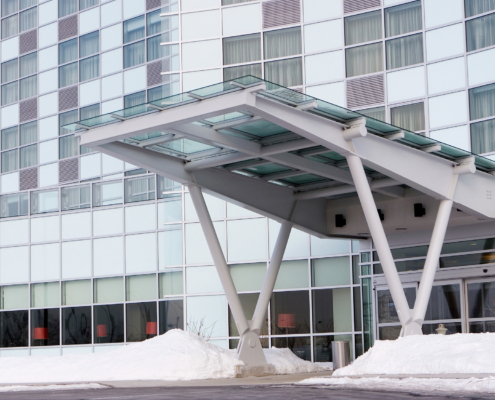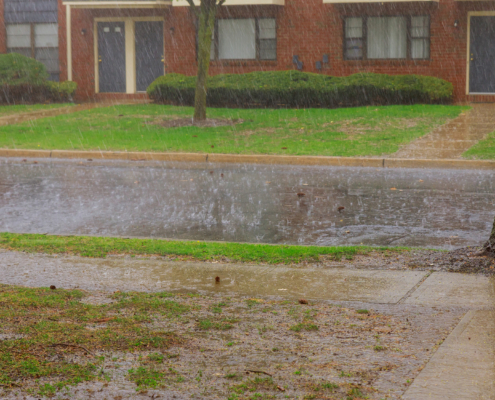
How is Commercial Property Insurance Calculated?
Have you ever wondered how insurance companies determine the cost of commercial property insurance? From the geographical location of your business to the materials used in your building, there are several factors that can impact how commercial property insurance is calculated.
Elements That Impact Commercial Property Insurance Cost
These are the key elements that play a role in how commercial property insurance is calculated:
- Location: The geographical location of your business can greatly influence insurance premiums. Areas prone to natural disasters or high crime rates may result in higher insurance costs.
- Property value and asset evaluation: The value of your property and assets, including equipment and inventory, will also impact insurance costs. The higher the value, the higher the premiums.
- Type of business: The nature of your business can also influence insurance rates. For example, a restaurant may have different insurance needs compared to a retail store.
- Claims history: A business’s claims history is an important factor in determining insurance rates. A history of frequent claims may result in higher premiums.
- Building materials and construction: The construction and materials used in your building can affect insurance rates. Buildings made with fire-resistant materials may result in lower premiums.
Types of Coverage Included in Commercial Property Insurance
Below are the most common types of commercial property insurance:
Basic Coverage
Commercial property insurance typically includes basic coverage for property damage caused by fire, theft, vandalism, and certain natural disasters. This coverage helps protect your business’s physical assets, such as buildings, equipment, and inventory.
Additional Coverage Options
In addition to basic coverage, there are optional coverage options available for commercial property insurance. These may include coverage for business interruption, equipment breakdown, and inland marine insurance to protect property in transit.
Business Interruption Insurance
One important coverage to consider including in your commercial property insurance policy is business interruption insurance. This coverage helps replace lost income and covers expenses if your business is temporarily unable to operate due to a covered loss, such as a fire or natural disaster.
Importance of Evaluating the Value of Property and Assets
When it comes to commercial property insurance, one of the most crucial aspects is evaluating the value of your property and assets. This helps insurance providers determine the level of coverage you need and the cost of your insurance premiums.
Here are some key points to consider:
- Hire a Professional: Consider hiring a professional appraiser to assess the value of your property and assets accurately.
- Research Comparable Properties: Compare your property to similar properties in the area to get an idea of its value.
- Consider Replacement Cost: Insure your property based on its replacement cost rather than its market value for adequate coverage.
Updating Property Valuation: Importance of Regularly Updating Property Valuations
It’s essential to regularly update the valuation of your property and assets to reflect any changes in their value. This ensures that you have the right amount of coverage and aren’t underinsured in the event of a claim.
Understanding Depreciation: Impact of Depreciation on Property and Asset Valuation
Depreciation is the decrease in the value of property and assets over time. It’s important to understand how depreciation affects the value of your property, as this can impact the amount of coverage you need for insurance purposes.
Ways to Reduce Insurance Costs for Commercial Property
When it comes to commercial property insurance, there are ways to help reduce your insurance costs while still maintaining adequate coverage.
Here are some strategies to consider:
- Risk management practices: Implementing strong risk management strategies can help mitigate potential hazards and reduce the likelihood of claims. This can ultimately lead to lower insurance premiums for your commercial property.
- Increase security measures: Enhancing security measures such as installing alarms, cameras, and security guards can deter theft and vandalism, which may result in lower insurance costs. Insurers often offer discounts for properties with strong security measures in place.
- Bundling insurance policies: Consider bundling your commercial property insurance with other business insurance policies, such as general liability or workers’ compensation. By bundling your policies with the same insurer, you may be able to take advantage of multi-policy discounts and lower overall insurance costs.
By implementing these strategies, you can effectively reduce your insurance costs for your commercial property while still having the peace of mind that your property is adequately protected.
Learn how to protect your business from summer storms and stay prepared for any weather-related risks with commercial property insurance coverage.
Understanding Deductibles and Coverage Limits
Explanation of Deductibles
Deductibles are the amount of money that a policyholder must pay out of pocket before their insurance coverage kicks in. In commercial property insurance, choosing a higher deductible typically results in lower premiums, but it also means you will have to pay more in the event of a claim.
Coverage Limits
It’s crucial to understand coverage limits in commercial property insurance. This refers to the maximum amount that the insurance company will pay out for a claim. If you exceed your coverage limits, you will be responsible for paying any additional costs out of pocket.
Choosing the Right Deductible and Coverage Limits
- Consider your budget: Determine how much you can afford to pay out of pocket in the event of a claim.
- Evaluate your risk tolerance: Assess the likelihood of a claim and decide if you are comfortable with a higher deductible.
- Review your assets: Make sure your coverage limits are sufficient to cover the full value of your property and assets.
- Seek expert advice: Consult with an insurance professional to help you choose the right deductible and coverage limits for your business.
Key Takeaways
Commercial property insurance costs are influenced by several factors. Firstly, the location of your business plays a significant role, with areas prone to natural disasters or high crime rates resulting in higher premiums. The value of your property and assets, including equipment and inventory, also impacts costs; higher values lead to higher premiums. Additionally, the type of business you operate influences insurance rates, as different industries have varying risk profiles. Furthermore, your claims history is crucial—frequent claims can raise premiums. Lastly, the construction and materials of your building affect rates, with fire-resistant materials potentially lowering premiums.
With NEC Insurance’s expertise, we assess your building, tailor policies to match your goals, and determine your expenses. Accessing a network of over 30 trusted carriers, we forge connections between your company and your desired business insurance plan. Contact us today to start calculating your costs.
Share This Post
About Us
NEC Insurance supports Missourians with high-quality coverage for businesses and individuals. We apply over 45 years of experience to help you navigate the market and deliver the policies you deserve.











